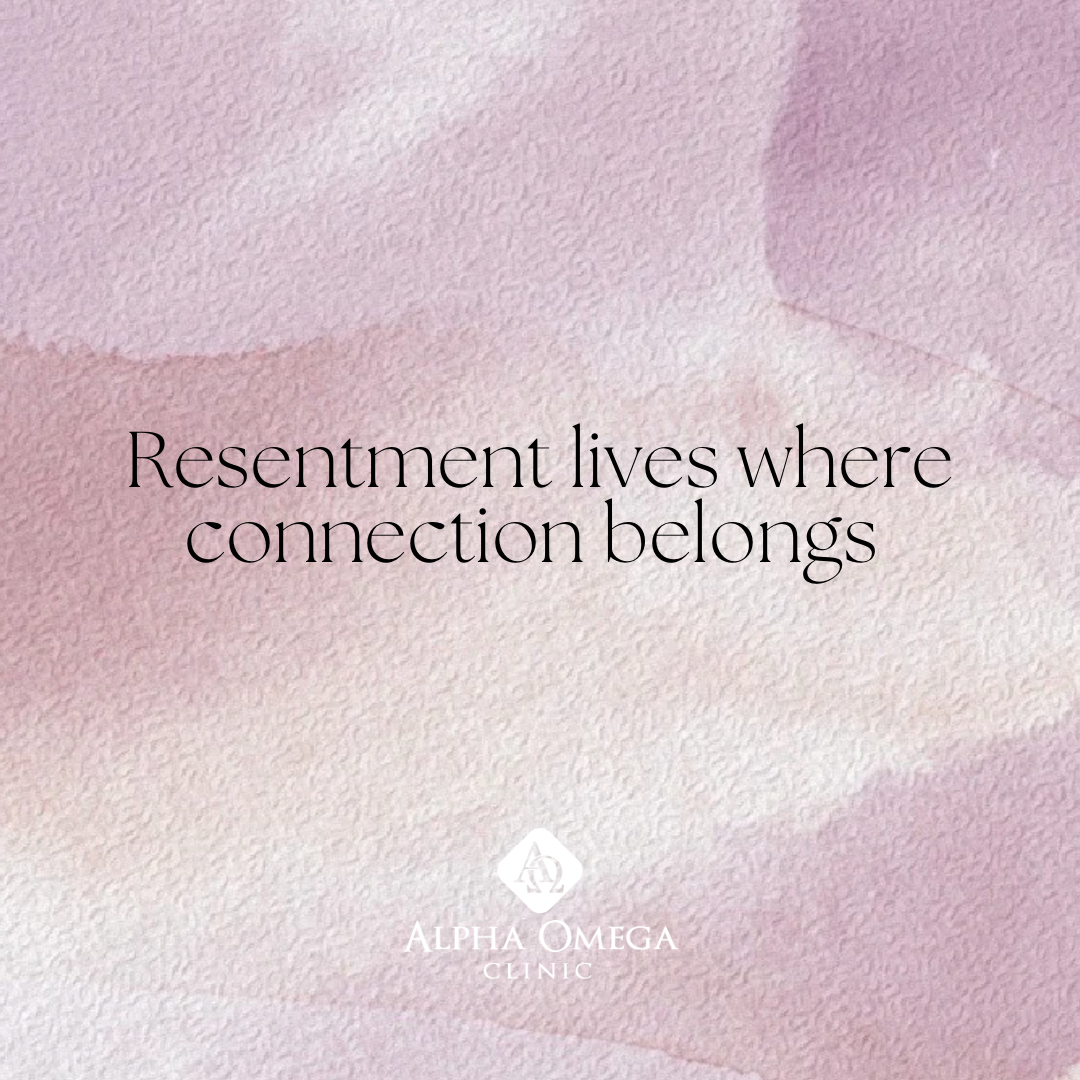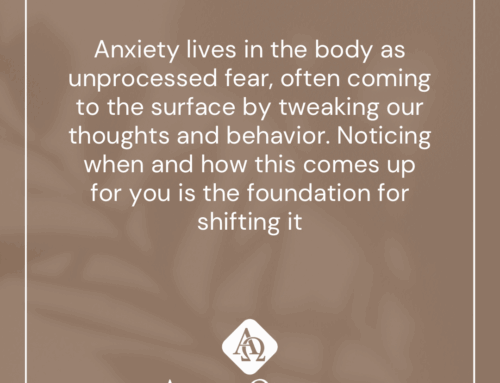Resentment is often the tip of an iceberg of unprocessed emotional distress. It’s also a reaction that typically builds over time. When we experience emotionally distressing situations over and over again with little to no relief or lasting repair, we get rigid and protective. This is why it lives where connection belongs; we needed someone to be there for us and for whatever reason they weren’t or couldn’t be. Resentment emerges as a form of calcified anger and sadness. One way this shows up is in less than kind words or actions towards the person who wasn’t there for us. Good people do or say mean things, even to the ones they love the most, when there’s a backlog of unprocessed pain and fear. It’s easier to blame or defend then touch the pain. Or maybe they tried to and it didn’t go well. Either way, staying stuck in resentment won’t help us process the backlog of emotion. Getting curious about what’s underneath, even in little drips, can start to break up the iceberg.
It can help to start with the story you’re telling yourself to make meaning of the painful experience. Pay attention to the “doubt demons” that show up to tell you all the worst answers. When we are scared and isolated, we focus on protecting ourselves from all possibilities.
Is this a familiar story?
Does it have an origin that predates the current situation? Have you thought the same about others or yourself?
Do the feelings that emerge as you recall the story seem like something you’ve felt before?
How might some of the backlog be an echo of the past coming alive?
How would it be to share some of the anger and hurt with a safe other?
* The information provided is for self-enrichment and not intended to replace any necessary mental health treatment.
Want more ways to receive this content? Follow us on Instagram or Facebook or subscribe to our e-newsletter.
Warmly,
Jonathan Dixon, LMFT
Alpha Omega Team





